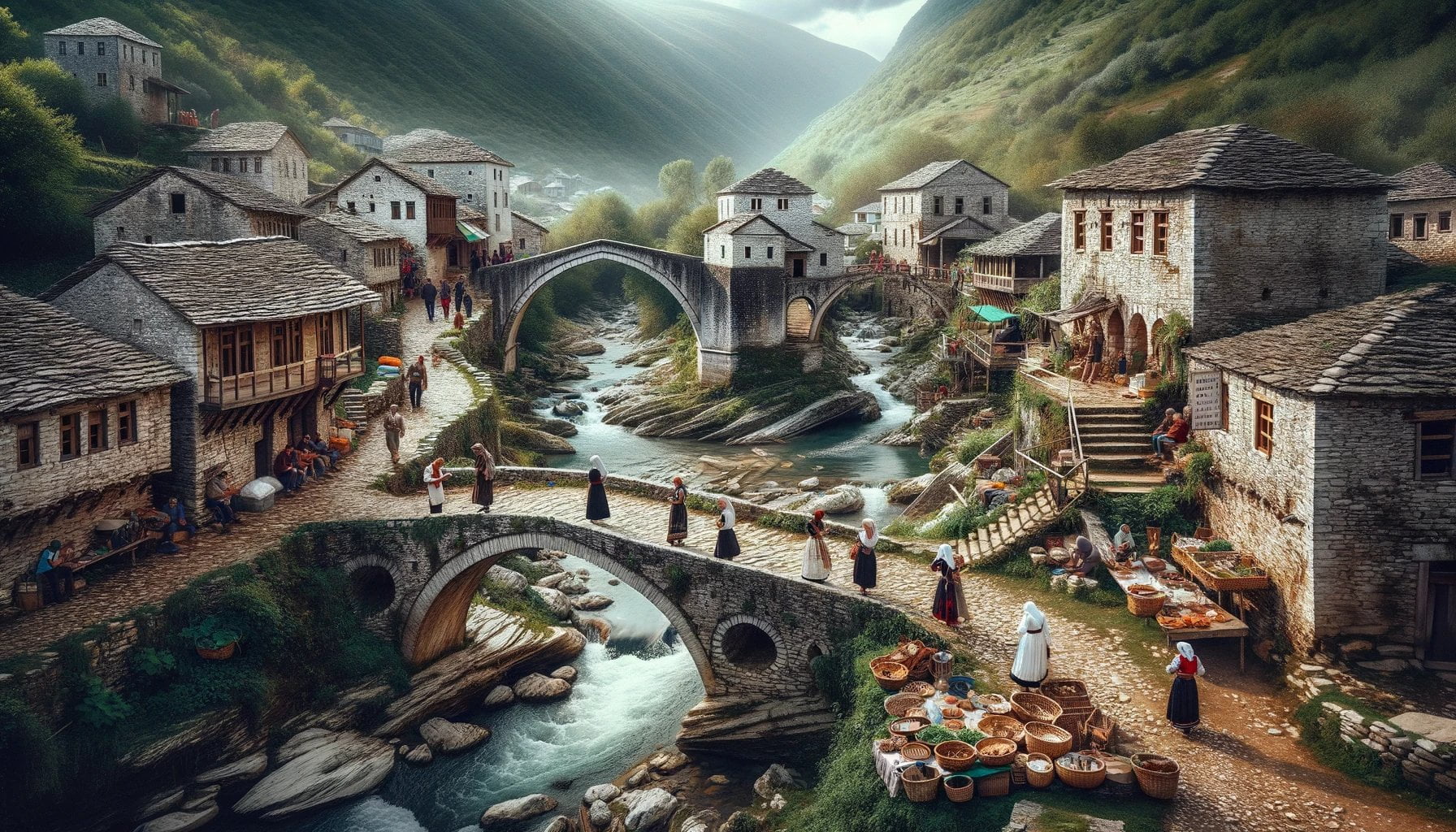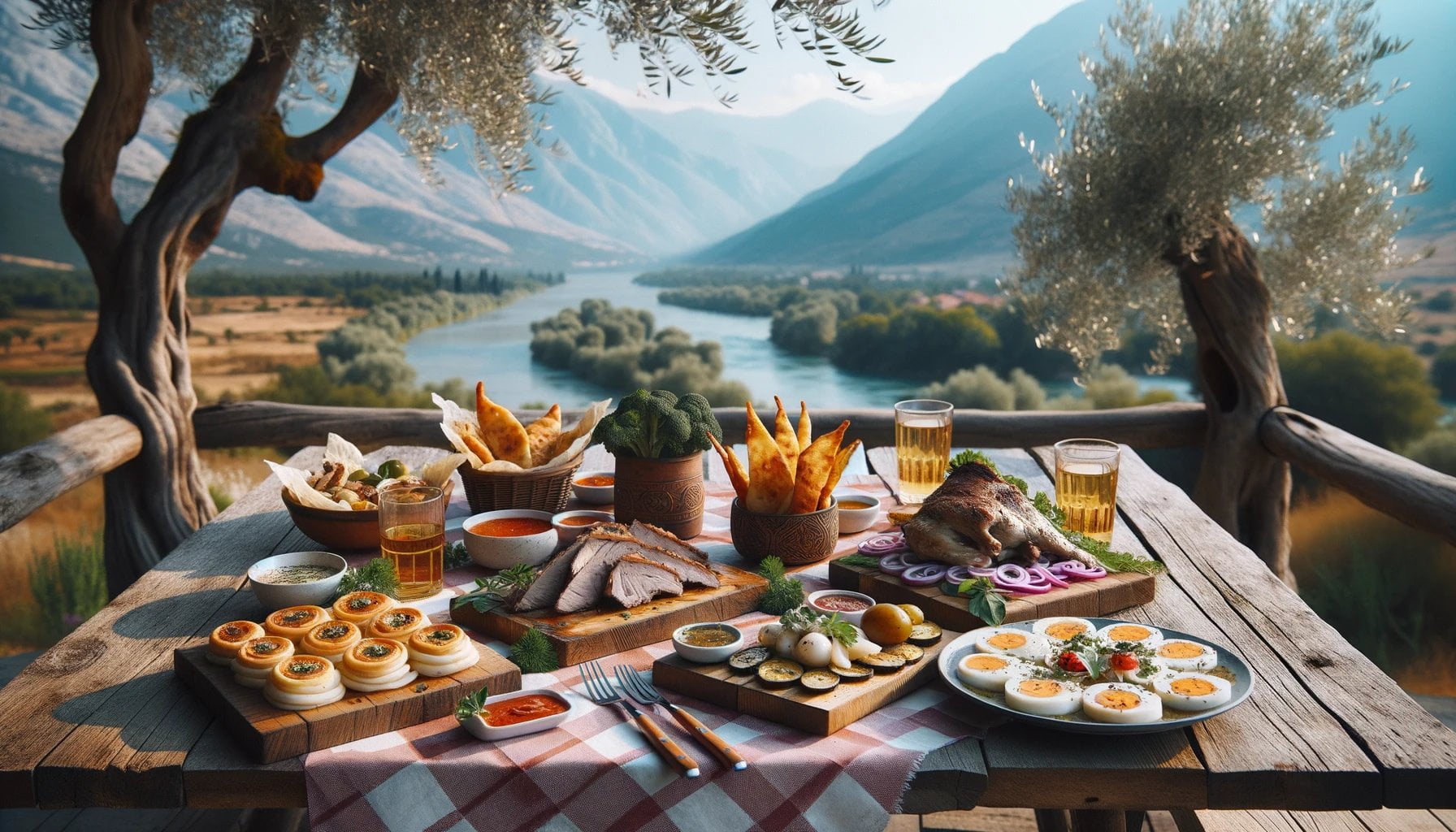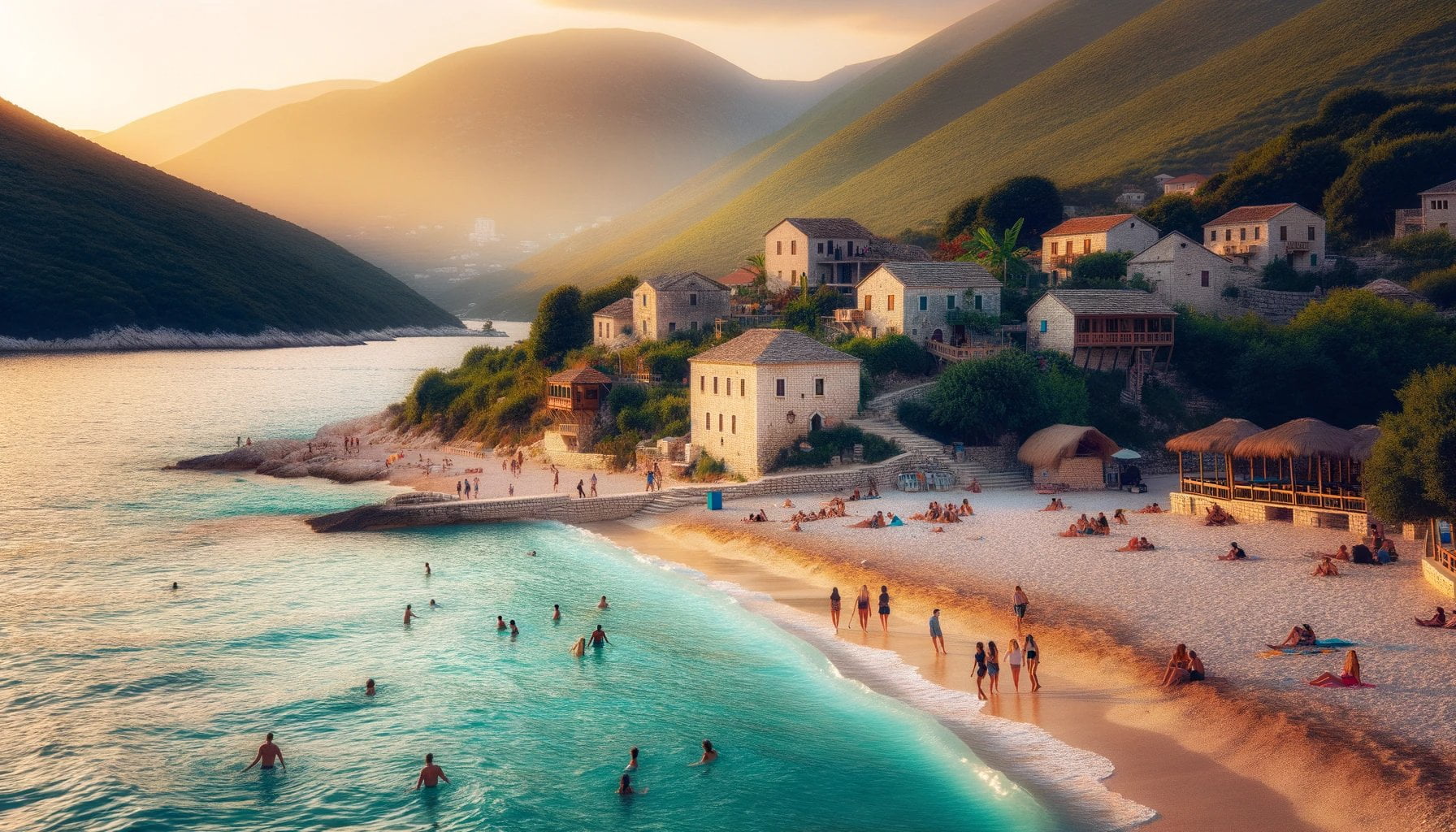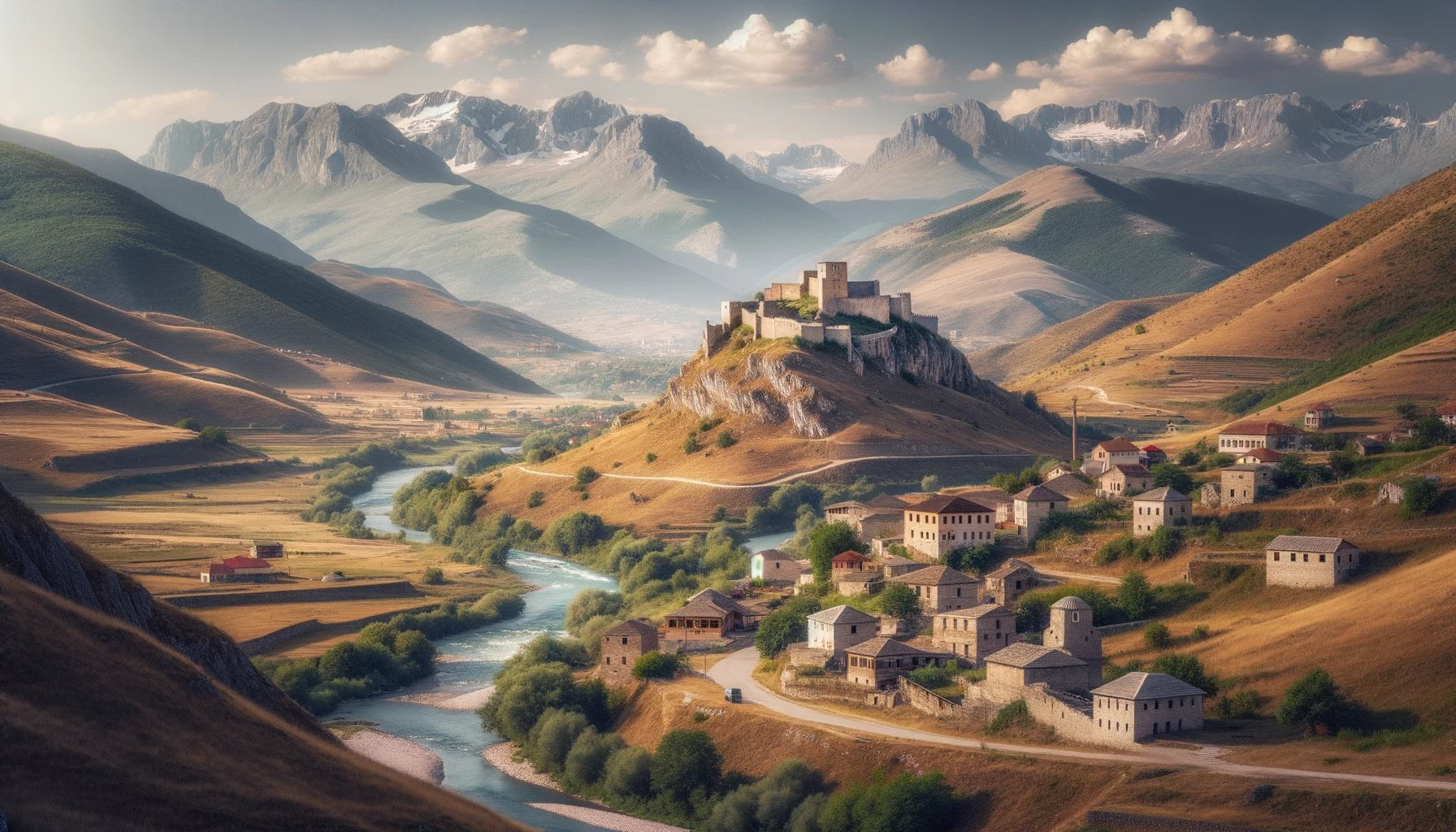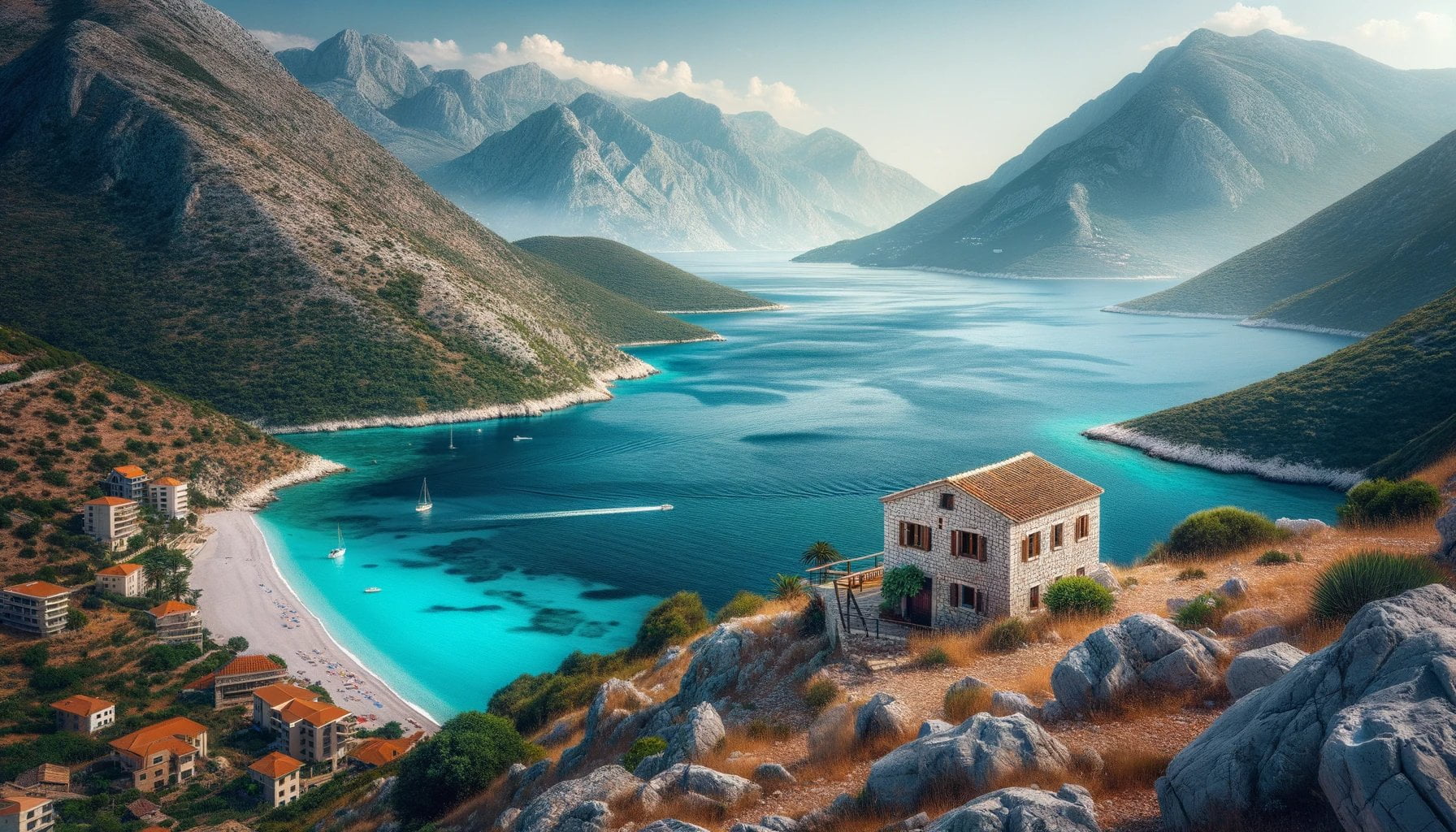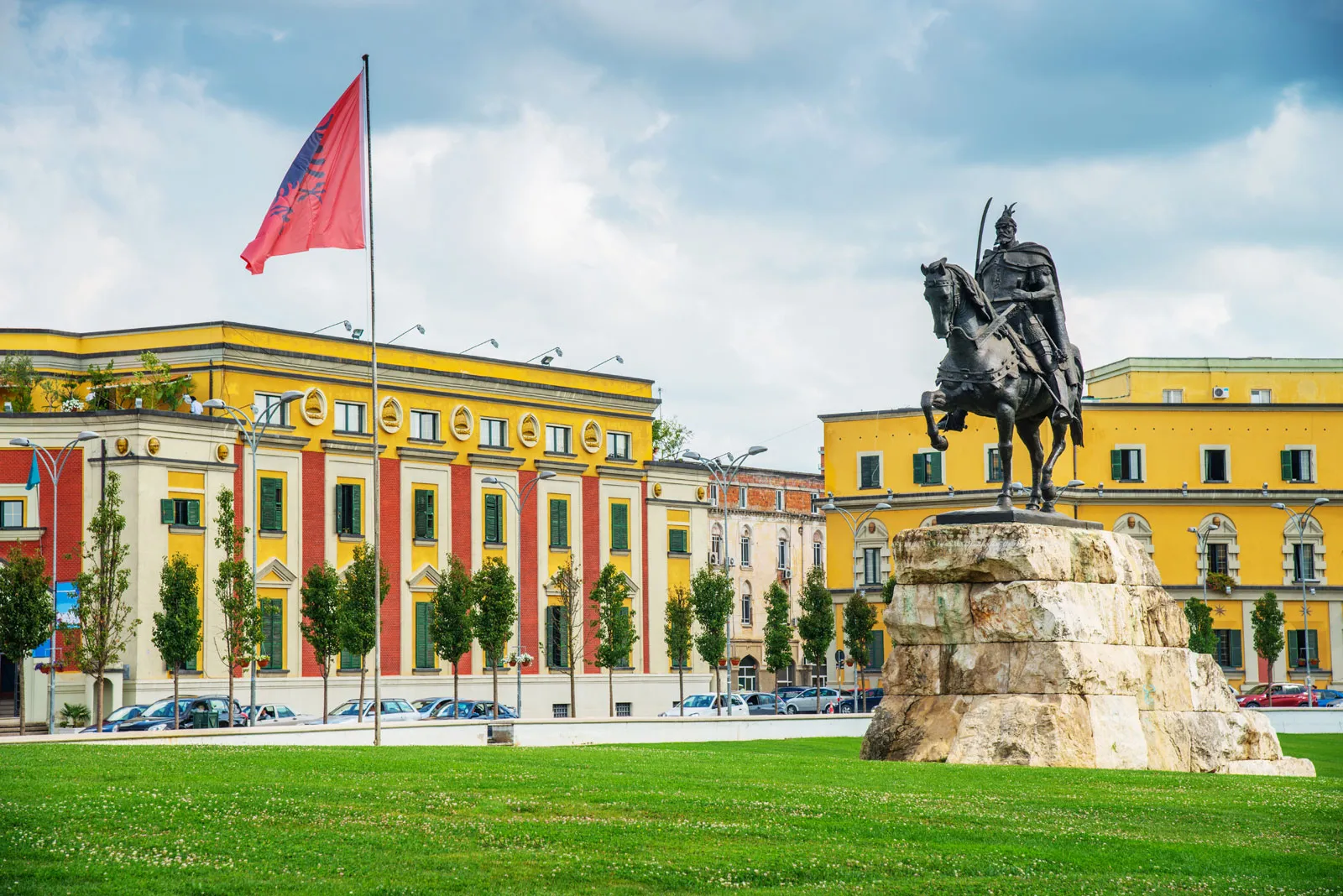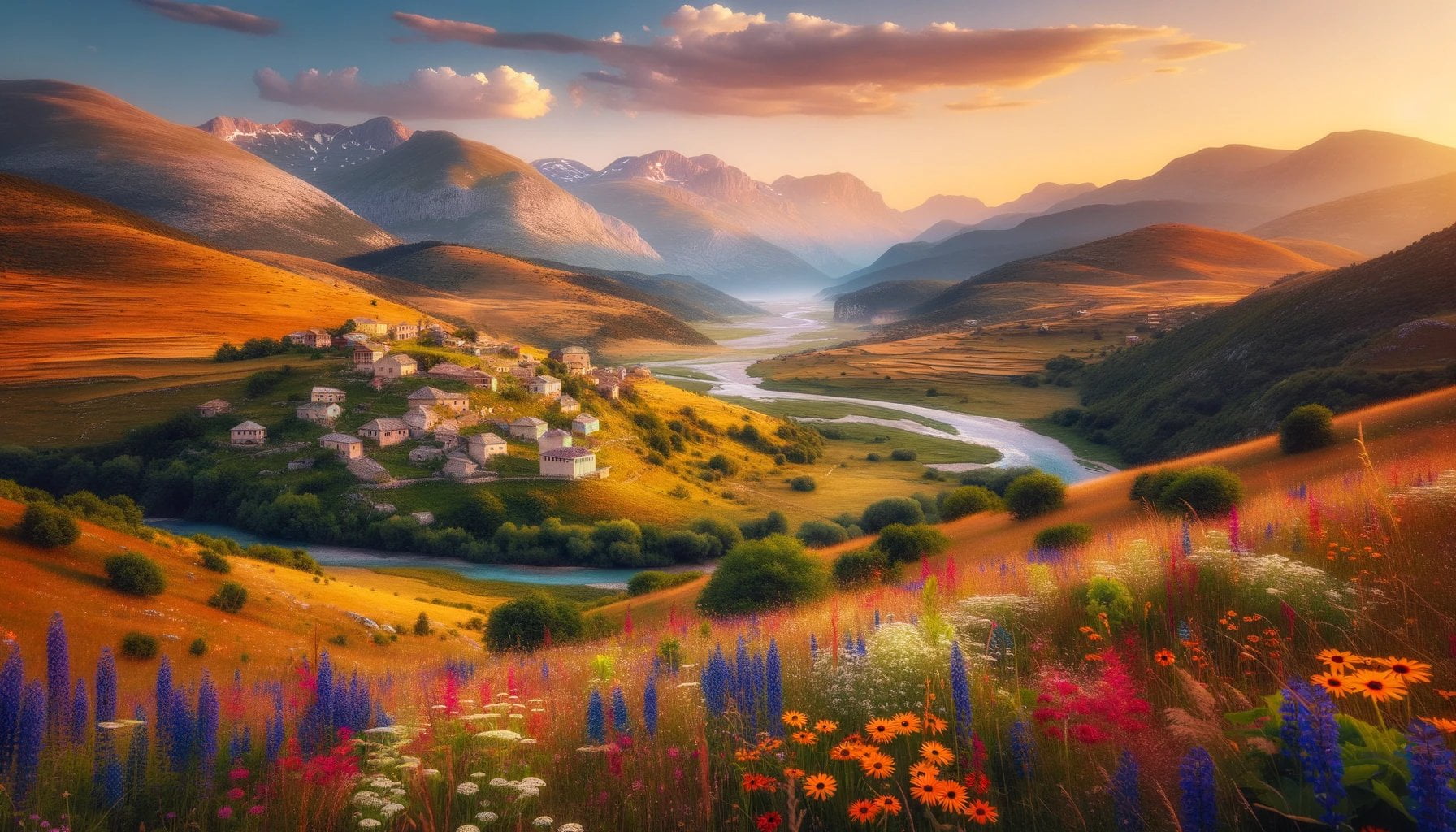Embark on a journey of cultural exploration as we delve into the captivating world of Albania’s rich and vibrant culture. From its ancient roots to its modern-day traditions, this article uncovers the hidden treasures and unique aspects that make Albania’s cultural landscape truly one-of-a-kind. Discover the stories, history, and social dynamics that define this fascinating nation, as we delve into the depths of Albania’s cultural tapestry. Join us as we unveil the wonders of Albania’s captivating cultural heritage in this enlightening exploration.

Key Takeaways:
- Albanian culture is a blend of various artistic, culinary, literary, musical, political, and social elements.
- It has been shaped by the geography and history of Albania, Kosovo, parts of Montenegro, and parts of North Macedonia.
- The Kanun, a compilation of traditional customs and cultural practices, reflects the historic development of Albanians.
- “Besa” is a core value in Albanian culture, emphasizing honor, morality, and hospitality.
- The traditional social structure is based on clans (fise) with common culture, ancestry, and social ties.
- “Oda” is a traditional room used for hosting and entertaining guests.
- Albanians celebrate Independence and Flag Day on November 28 with ceremonies, festivals, and concerts.
- Christmas, Bajram (Muslim holiday), and Dita e Verës (commemorating the end of winter and rebirth of nature) are important celebrations.
- Dita e Mësuesit on March 7 honors the opening of the first school teaching lessons in Albanian in Korçë.
- Albanian cuisine represents Mediterranean cuisine, incorporating vegetables, olive oil, and diverse cooking traditions.
Albania Culture
Albania, a country nestled in the Balkans, is a treasure trove of rich and vibrant culture. From its artistic expressions to its culinary delights, Albania’s cultural tapestry has been shaped by its geography, history, and social dynamics.
Artistic Delights
Albanian artistry spans across various mediums, including painting, sculpture, and literature. Renowned Albanian painters like Kolë Idromeno and Ibrahim Kodra have made significant contributions to the art world, showcasing the country’s talent and creativity. Additionally, Albanian literature boasts notable authors like Ismail Kadare, whose works provide insights into Albania’s history and society.
Culinary Gems
Albanian cuisine, a tantalizing fusion of Mediterranean flavors, offers a culinary adventure to visitors. Influenced by its coastal geography, Albanian dishes feature an abundance of fresh seafood. Olive oil, a staple ingredient in Mediterranean cooking, is also prominently used. Indulge in hearty dishes like Byrek (savory pie) or Tavë Kosi (baked lamb with yogurt) to experience the true essence of Albanian gastronomy.
Musical Rhythms
Music plays an integral role in Albanian culture, celebrating the beauty and diversity of the country. From traditional folk tunes to contemporary sounds, Albanian music echoes the nation’s spirit. The soulful melodies of Iso-Polyphony, a unique form of vocal music, have even been recognized as an intangible cultural heritage by UNESCO.
Historical Influences
The history of Albania is deeply intertwined with its culture. The Kanun, a comprehensive compilation of traditional customs and practices, offers profound insights into the historical development of Albanians. This Middle Ages codification by Lekë Dukagjini reflects their values and way of life. One of the pillars of Albanian culture is “Besa,” which encapsulates the concepts of honor, morality, and hospitality.
Social Fabric
Albanian society is structured around the concept of clans known as “fise.” These clans are characterized by shared culture, ancestry, and social ties, fostering a strong sense of community. The traditional Albanian oda, or guest room, embodies the warmth and hospitality deeply ingrained in their culture, where hosts welcome guests with open arms.
Celebrations and Traditions
Albania commemorates several important holidays throughout the year. On November 28, Independence and Flag Day are celebrated with vibrant ceremonies, festivals, and concerts. Albanians also mark Christmas, Bajram (a Muslim holiday), and Dita e Verës (celebrating the end of winter and the rebirth of nature). Additionally, Dita e Mësuesit on March 7 holds significance as it honors the opening of the first school that taught lessons in Albanian in Korçë.
Through vibrant traditions, art, and culinary delights, Albania’s rich cultural landscape offers a unique and immersive experience. By delving into Albania’s cultural tapestry, one can truly appreciate the depth and diversity that this Balkan gem has to offer.
References:
– Culture of Albania – Wikipedia
Explore fascinating facts about Albania and its rich history by clicking here.
Discover the beauty and charm of tourism in Albania by checking out our top destinations here!
Uncover the captivating history of Albania and its intriguing past by clicking here.
Embark on a virtual journey to the famous places in Albania and immerse yourself in their awe-inspiring beauty by clicking here.
Savor the mouthwatering flavors of Albania cuisine and tantalize your taste buds by exploring our culinary delights here.
Cuisine and Culinary Traditions in Albania
Albanian cuisine is a vibrant and delicious representation of the country’s rich cultural heritage. Influenced by the Mediterranean Sea and the Balkan Peninsula, Albanian cuisine showcases a fusion of flavors and ingredients that are sure to delight any food enthusiast. From the northern region’s hearty meat dishes to the central region’s fresh seafood specialties and the southern region’s agricultural abundance, Albanian cuisine offers a diverse array of culinary traditions to explore.
Regional Variations
Albanian cuisine can be divided into three main regional variations, each with its own unique dishes and flavors. In the northern region, which encompasses rural, coastal, and mountainous areas, you’ll find dishes that prominently feature meat, fish, and locally sourced vegetables. This region is known for its use of ingredients like potatoes, carrots, beans, maize, cherries, walnuts, and almonds. Garlic and onions are also widely used in northern Albanian cuisine.
The central region of Albania offers a delightful combination of rural, mountainous, and coastal specialties. Thanks to its proximity to the sea, this region boasts an abundance of fish dishes and Mediterranean influences. Here, you’ll find a diverse range of meat specialties, as well as delicious desserts to satisfy your sweet tooth.
In the southern region of Albania, the cuisine highlights the bountiful products of the field, including dairy products, citrus fruits, and olive oil, along with the freshest seafood from the coast. This region is known for its animal husbandry, abundant pastures, and fertile soil. Onions, in particular, hold a special place in Albanian cuisine, with the country ranking fourth in the world for onion consumption per capita.
Ingredients
Albania’s geographical location and favorable climate contribute to a wide variety of fresh fruits and vegetables that form the basis of the country’s cuisine. Albanians take pride in their fruit trees, with citrus fruits, cherries, strawberries, blueberries, and raspberries being popular choices. Fresh and dried fruits are commonly enjoyed as snacks or desserts.
The Albanian kitchen also makes use of a diverse selection of vegetables, including different types of cabbages, turnips, beetroots, beans, potatoes, leeks, and mushrooms. Depending on the region, dried or pickled vegetables are used, especially when fresh produce is scarce. The culinary palette consists of commonly used vegetables such as onion, garlic, tomato, cucumber, carrot, pepper, spinach, lettuce, grape leaves, bean, eggplant, and zucchini.
Albania is known for its extensive range of herbs, boasting approximately 250 aromatic and medicinal plants. Thanks to the country’s ideal climatic conditions and proximity to the Mediterranean Sea, Albania is a leading producer and exporter of herbs. These herbs add a delightful layer of flavor and aroma to Albanian dishes, making them truly special.
Key Takeaways:
- Albanian cuisine is a fusion of Mediterranean flavors and local traditions.
- The cuisine’s regional variations offer unique dishes and flavors.
- Northern Albania highlights meat, fish, and vegetables, while the central region specializes in seafood and desserts.
- The southern region showcases dairy products, citrus fruits, olive oil, and coastal seafood.
- Albania’s fertile soil and warm climate contribute to a wide range of fresh fruits and vegetables.
- The use of herbs adds depth and complexity to Albanian dishes.
Sources:
Art and Music in Albanian Culture
Albanian culture is a treasure trove of artistic and musical expressions that reflect the rich history, traditions, and social dynamics of the country. From traditional folk melodies to contemporary art forms, Albania’s creative landscape is diverse and captivating. In this article, we will delve into the fascinating world of art and music in Albanian culture, exploring their significance and impact on the Albanian identity.
Traditional Art: An Expression of Heritage
Artistic expression in Albania dates back centuries, with traditional forms of art representing the country’s rich heritage. Painting, sculpture, and literature have been integral to the development of Albanian art, showcasing the creativity of its people.
Albanian painting has a long history, with artists like Kolë Idromeno and Ibrahim Kodra gaining international recognition for their unique styles. Their works often depict landscapes, historical events, and everyday life, offering insightful glimpses into Albanian culture.
Sculpture, too, holds a special place in Albanian art, often focusing on themes of national identity, heroism, and freedom. Monumental sculptures commemorate historical figures and events, serving as reminders of the country’s struggle for independence and resilience.
Literature plays a crucial role in shaping and preserving Albania’s cultural narratives. Albanian writers have produced acclaimed works of poetry, prose, and drama, drawing inspiration from their surroundings and delving into themes of love, honor, and patriotism.
The Melody of Albanian Tradition
Music is deeply embedded in Albanian culture, serving as a powerful means of expression and celebration. Traditional Albanian music is characterized by its vibrant melodies and distinctive vocal styles, and it has been recognized as an intangible cultural heritage by UNESCO.
Iso-Polyphony, a unique form of singing, is a highlight of Albanian music. It involves multiple voices harmonizing together, creating intricate and mesmerizing melodies. This ancient musical tradition is a testament to the skilled craftsmanship and artistry of Albanian musicians.
Folk music holds a special place in the hearts of Albanians, embodying their traditions and beliefs. It encompasses a wide range of genres and instruments, reflecting the regional diversity of Albania and its neighboring territories. Each region has its own musical style, instruments, and dances, making Albanian folk music a vibrant tapestry of cultural expression.
Contemporary music, influenced by Western trends, has also made its mark in Albania. Pop, rock, and hip-hop have gained popularity, blending modern sounds with traditional elements to create a unique Albanian musical identity.
Key Takeaways:
- Albanian culture is shaped by artistic, culinary, literary, musical, political, and social elements.
- The Kanun codifies traditional customs and practices, while Besa emphasizes honor and compassion.
- Albania’s social structure is based on clans (fise) with common ancestry and ties.
- Oda is a traditional Albanian room for hosting guests and engaging in discussions.
- Albania celebrates various cultural and religious holidays, including Independence and Flag Day on November 28 and Christmas.
- Albanian cuisine draws inspiration from the Mediterranean, featuring fresh ingredients and olive oil.
Sources:
1. Culture of Albania – Wikipedia
Contemporary Albanian Culture and Social Dynamics
Introduction:
Changing harmful cultural and social norms is a challenging and long process. To ensure the safety and well-being of children, it is crucial to transform these norms into protective ones. This article explores the cultural and social dynamics in Albania and highlights the efforts to address violence against children through the transformation of norms.
Cultural and Social Dynamics in Albania:
- Albania’s culture is shaped by its geography and history, representing the artistic, culinary, literary, musical, political, and social elements of Albanians.
- The country is home to two cultural groups, the Ghegs and the Tosks, with distinct dialects and traditions.
- Albanian culture reflects a diverse range of influences due to its location in the Balkans and interactions with neighboring countries.
Violence Against Children as a Result of Cultural and Social Norms:
- Harmful cultural and social norms often perpetuate violence against children in Albania.
- The prevalence of these norms poses a significant challenge in ensuring the protection and well-being of children.
Efforts to Transform Norms and Protect Children:
- World Vision International is actively working to transform cultural and social norms that contribute to violence against children in Albania.
- World Vision’s approach involves comprehensive strategies that focus on community engagement, education, and advocacy.
- By promoting positive and protective norms, World Vision aims to create an environment that safeguards children’s rights and well-being.
Importance of Cultural and Social Development:
- Cultural, social, and economic development play a crucial role in addressing harmful norms and improving the lives of Albanian children.
- Investments in education, infrastructure, and social welfare programs are essential for creating an environment that supports positive change.
Key Takeaways:
- Albania’s cultural and social dynamics are influenced by its geography, history, and interactions with neighboring countries.
- Harmful cultural and social norms contribute to violence against children in Albania, posing a challenge to their safety and well-being.
- Organizations like World Vision International are actively working to transform these norms through community engagement, education, and advocacy.
- Cultural and social development plays a crucial role in addressing harmful norms and creating an environment that supports positive change for Albanian children.
Sources:
1. World Vision International: Link
2. Encyclopedia Britannica – “Albania | History, Geography, Customs, & Traditions”: Link
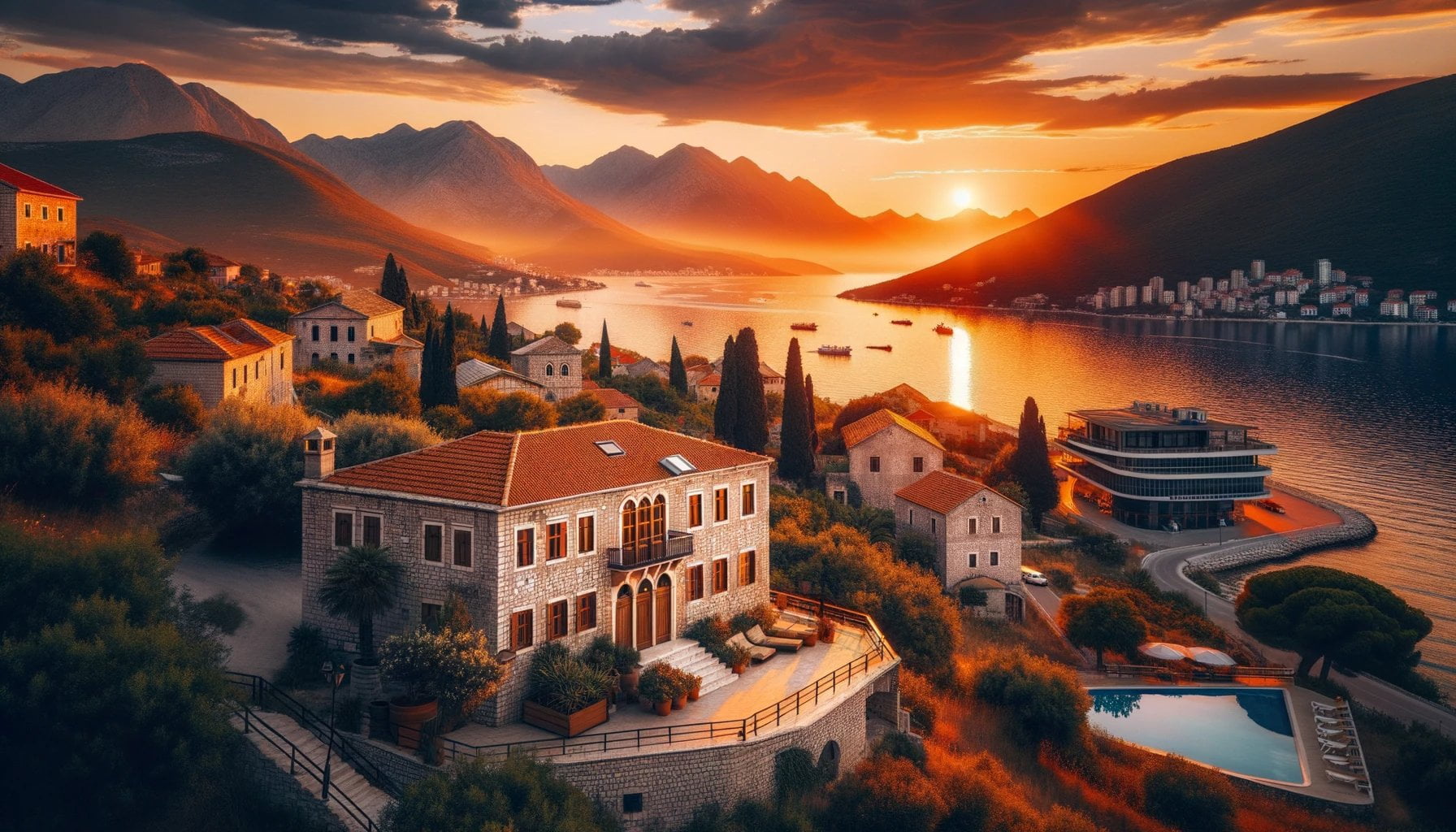
FAQ
Q1: What aspects of Albanian culture does this article explore?
A1: This article explores various aspects of Albanian culture, including artistic, culinary, literary, musical, political, and social elements.
Q2: How has geography and history influenced Albanian culture?
A2: The culture of Albania has been influenced by its geography and history, as well as interactions with neighboring countries in the Balkans.
Q3: What is the Kanun and why is it significant?
A3: The Kanun is a comprehensive compilation of Albanian traditional customs and cultural practices. It was codified in the Middle Ages and reflects the historic development of Albanians. It regulates various aspects of life and emphasizes honor, morality, and hospitality.
Q4: What is the traditional social structure in Albania?
A4: The traditional Albanian social structure is based on clans (fise) characterized by a common culture, ancestry, and social ties. This structure is dependent on the Kanun of Lekë Dukagjini and was inherited from the ancient Illyrians.
Q5: What are some important holidays and celebrations in Albania?
A5: Albania celebrates various cultural and religious holidays, including Independence and Flag Day, Christmas, Bajram (Muslim holiday), and Dita e Verës (commemorating the end of winter and rebirth of nature). Dita e Mësuesit, on March 7, is also an important holiday honoring the opening of the first school that taught lessons in Albanian.
- HelpCare Plus: Revolutionizing Affordable and Accessible Healthcare - December 29, 2024
- Boom & Bucket: Your Digital Marketplace for Used Heavy Equipment - December 28, 2024
- Ankle Bones Crossword Clue: Solutions, Tips & Anatomical Insights - December 28, 2024
